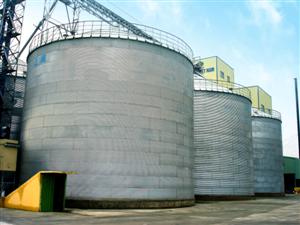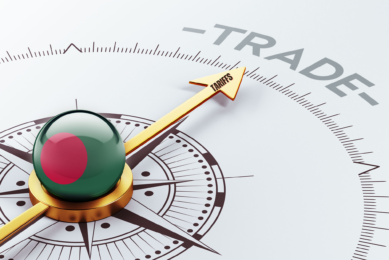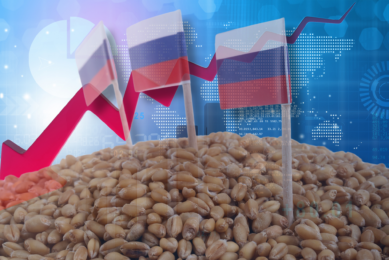Vietnam’s tax system favours foreign enterprises

Vietnamese livestock enterprises have warned that foreign invested enterprises due to tax advantages are controlling the food market, which is one of the reasons for the difficulties in stabilizing the market.
The enterprises have every reason to give the warning. CP Vietnam, a foreign invested enterprise alone has the productivity equal to the livestock production of farmers in five provinces in total.
The enterprise’s pork and chicken output accounts for 8% of the total livestock output of the whole country.
“The food market is being controlled by foreign invested enterprises,” said Le Van Me, Chair of Phu Son Livestock Company in Dong Nai province. “In the near future, when they double the number of sows, they will completely dominate the Vietnamese market.”
Tax evasions
According to Le Van Me, foreign invested enterprises are now evading tax in a legal way. The enterprises do not have to pay VAT, because they outsource the breeding to farmers and they bring livestock feed to the farms.
Farmers can only receive money for taking care of the livestock, while foreign companies can make money from many things, from selling animal feed, breeders to selling pigs, Le Van Me argues.
Vietnamese animal feed producers and breeders (farmers) are treated differently and have to pay VAT when purchasing animal feed.
“Foreign invested enterprises are growing, while domestic enterprises are facing big difficulties. Especially, foreign enterprises also can get money from the government to help stabilize the food market. Therefore, they can get benefits in every way,” Le Van Me said.
Creative book keeping
Besides, the enterprises declare high import prices in order to create a low profit which allows them to avoid corporate income tax. This creative book keeping also makes it impossible to reduce the animal feed prices.
Nevertheless, the representative from CP Vietnam argues that the company is paying VAT. He said that the company does not collect pigs and fowl from farmers, but farmers breed pigs and fowl for the company.
With interest rates of 25-27% it is extremely difficult for farmers to invest in animals and also environmental regulation farmers must be located far from residential areas.
While it remains unclear about Vietnam’s land policy, farmers who want to carry out husbandry on a bigger scale, cannot access land.
Foreign market domination
“With the current tax policy favouring foreign invested enterprises, they would dominate the market and domestic enterprises are unable to compete with them,” a representative from another breeding company said. “With the current policies, foreign invested enterprises can make fat profits even if they do not commit tax frauds”.
Recently, the Chinese subsidiary of Thai feed giant Charoen Pokphand has decided to spend 609 million dollars to purchase 70% of Modern State in Vietnam. This is considered one of the biggest merger and acquisition deals in Vietnam and the strategic move “would help CPP become the leader in the Vietnamese animal feed market.”











